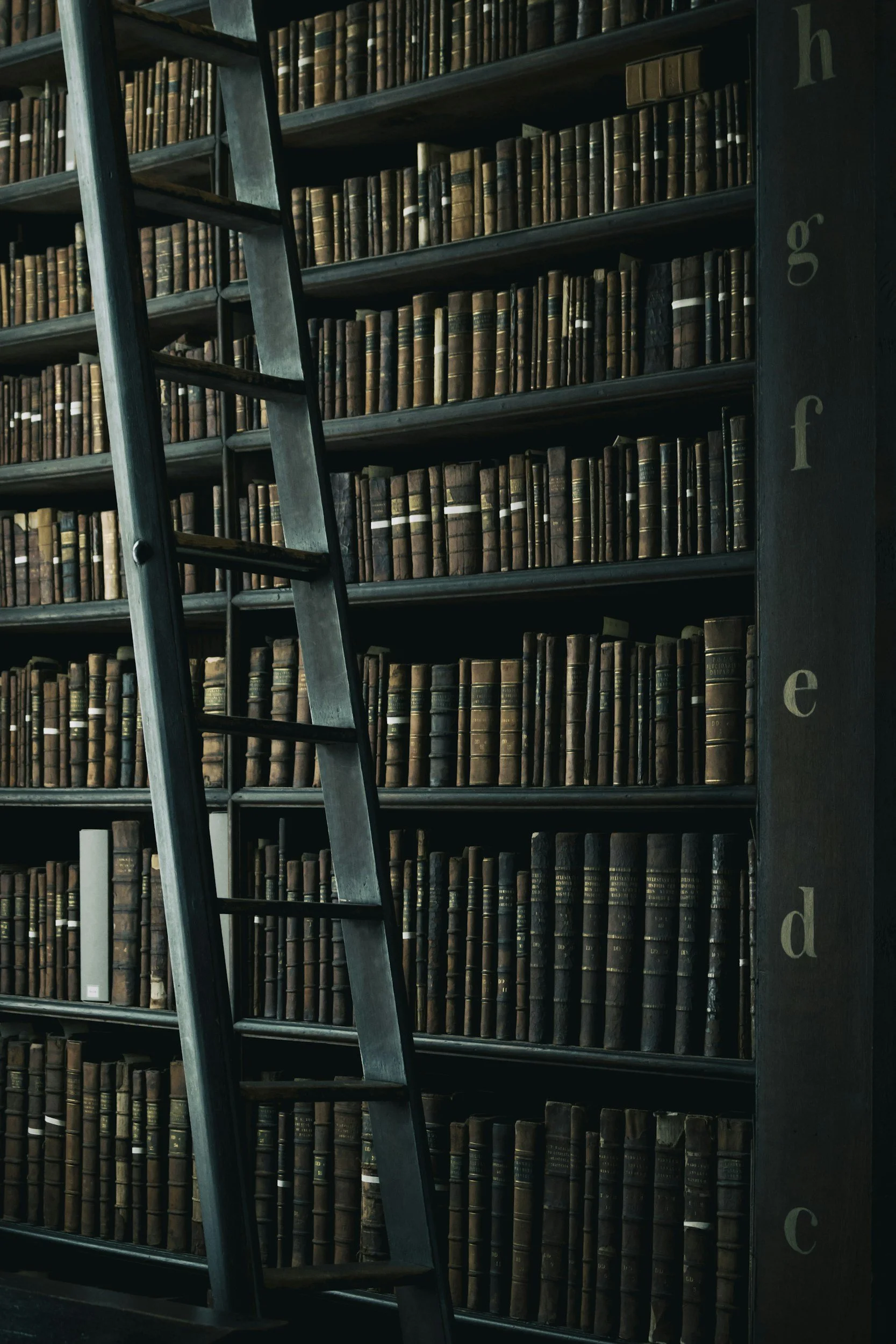Après means after
At Après Academy, learning is a way of life.
What’s valuable in education is the act of reflection itself which by necessity takes time. A faster, artificial, intelligence, is not educated.
Après is an independent all-online academy where gifted high school and undergraduate students go beyond their regular studies, engaging in a richer and more profound exploration of the humanities than most traditional programs offer. Through deep immersion in great works of literature, music, and philosophy, they enter a vast and living intellectual and artistic tradition.
Après means after.
The goals our students set for themselves are not fleeting, nor are the friendships they form here. Their studies remain intentionally open-ended, setting them on a lifelong path of discovery. Après Academy is where deeper learning begins—after school.
Email info@apreslecoleacademy.com with any questions.
What we teach
This is a “read the whole book” curriculum. We go cover-to-cover.
-
2.0 High School credit hours offered for the 15-18 year old cohorts!
This is the cornerstone course for Après pupils. Over the course of one year, we will journey as a team through great works of literature that will shape and reshape the lens through which we view the world.
All seminars will be hosted either on Teams or Zoom, depending on class preference.
-
One-on-one lessons with a tutor who has lived in France, and has taught 9th-12th grade French in American high schools for 7+ years.
Optional French language instruction includes preparation for the internationally recognized DELF/DALF exams.
All French language and literature students will have lessons in French history, French art history, and will study works of philosophical, literary, or historical merit in French.
-
Prerequisite or Corequisite: Heroic Journeys & Human Hearts
The Self-Paced Humanities coursework supplements a student’s English, History, Human Geography, Philosophy, or Christian Theology courses by connecting the dots and filling-out the grand narrative of life in detail.
Some common themes: (a) The study of history as civilizations shaped by geography and religious impulse, (b) the creative works of man across history, (c) what God says to man, and (d) what man says in reply.
Key texts: Myths, Models and Paradigms (Ian G. Barbour), Metaphors We Live By (George Lakoff and Mark Johnson), Classical Rhetoric and its Christian and Secular Tradition from Ancient to Modern Times (George A. Kennedy), Memory and the Mediterranean (Fernand Braudel)
The Après Tutor
I hold a Bachelor's degree in Philosophy from the University of Colorado and previously served as a commissioned officer in the United States Army. After spending several years living and studying in France, I returned to the U.S. and have been teaching high school French for the past seven years. I am currently pursuing a Master’s degree at Saint John’s College.
My entire adult life has been an ongoing exploration of the humanities. I’m passionate about guiding students to express themselves within the great intellectual and artistic traditions that have shaped our world.
email me with any questions : dylburns@gmail.com
The Après Student
“there is a peculiar illusion incidental to all knowledge acquired in the way of education: the illusion of finality. When a student is in statu pupillari with respect to any subject whatever, he has to believe that things are settled because the textbooks and his teachers regard them as settled. When he emerges from that state and goes on studying the subject for himself he finds that nothing is settled. The dogmatism which is an invariable mark of immaturity drops away from him. He looks at so-called facts with a new eye. He says to himself: ‘My teacher and textbooks told me that such and such was true; but is it true? What reasons had they for thinking it true, and were these reasons adequate?’ On the other hand, if he emerges from the status of pupil without continuing to pursue the subject he never rids himself of this dogmatic attitude.” (Collingwood, R. G. “The Idea of History”)







